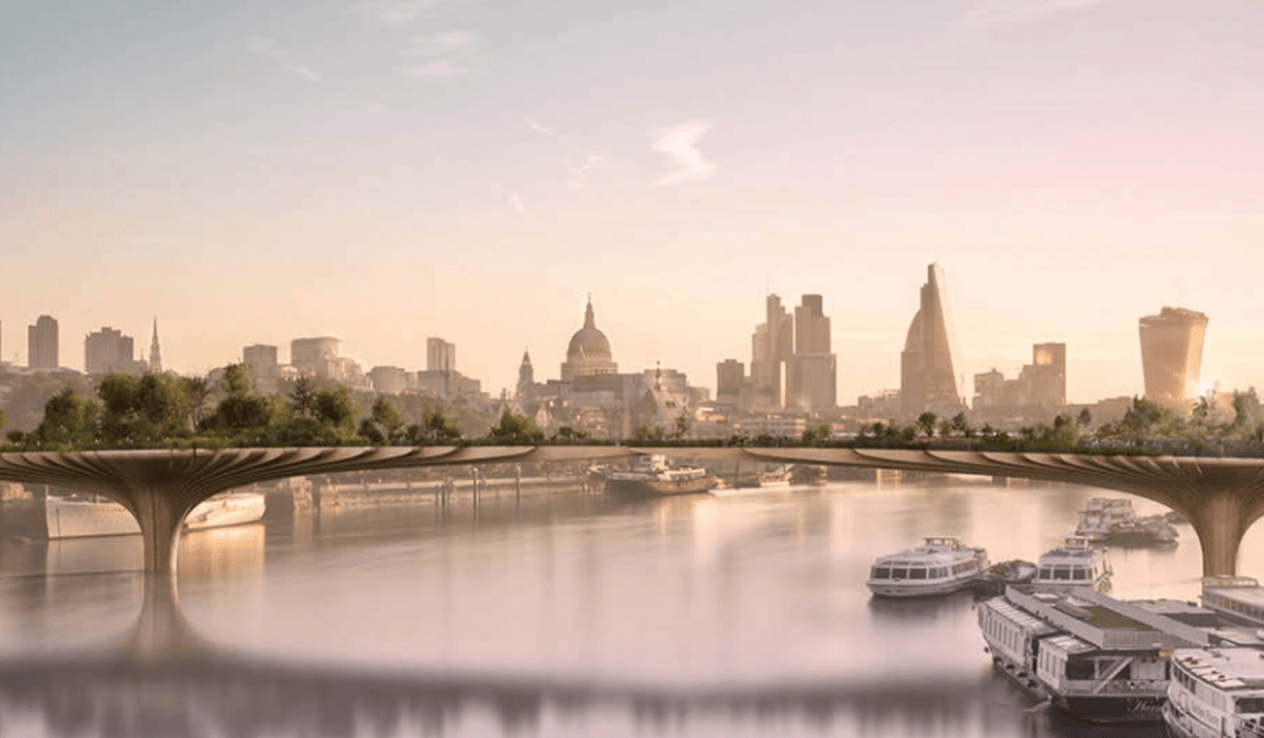
The City Bridge Foundation: A Legacy of Bridges and New Priorities
For over 700 years, the City Bridge Foundation (CBF) has played a critical role in maintaining and building London’s bridges. Established in 1282 with a Royal Charter, its original purpose was to collect tolls and ensure the upkeep of London Bridge. Over time, the foundation grew its endowment through various means, including taxes, bequests, and even the donation of a brewery by former London Mayor George Monoux in 1524.
This wealth allowed the CBF to fund the construction and maintenance of key bridges such as Blackfriars, Southwark, Tower, and Millennium Bridges. However, in 1995, the foundation underwent a significant transformation when it successfully lobbied for a change in its charter. This shift allowed the CBF to redirect excess funds toward charitable causes rather than solely focusing on bridge-related projects.
Since then, the foundation has distributed over £760 million to various charities. While some of these donations support noble causes—such as organizations aiding survivors of sexual violence—others have raised questions about the alignment of these grants with the foundation's original mission.
The Woke Shift in Funding
The CBF has increasingly aligned itself with progressive values, emphasizing Equity, Diversity, and Inclusion (EDI) as core principles. It describes itself as an “anti-racist organization” and prioritizes funding initiatives that demonstrate expertise in EDI or a commitment to improving it. As a result, many of its grants are directed toward projects that promote social justice, often with a clear ideological slant.
Additionally, the foundation is a signatory to the Funder Commitment on Climate Change, pledging resources to address climate-related issues. However, this focus on environmental action sometimes conflicts with its role in facilitating traffic flow across London’s river crossings, which contributes to carbon emissions. In one instance, the CBF funded a group that actively campaigned to restrict traffic on the Thames, highlighting the tension between its environmental goals and its historical responsibilities.
Controversial Partnerships and Unintended Consequences
In 2022, the CBF partnered with London Funders to launch the Propel initiative, aimed at addressing inequality among disadvantaged groups. One of its recipients, Queercircle, became involved in the Stop the Silvertown Tunnel Coalition, a group opposed to the construction of a new tunnel under the Thames. Despite this, there is no evidence that the CBF was aware of the coalition’s opposition to the project.
The Silvertown Tunnel, which finally opened after more than two decades of resistance, serves as a case study in how modern priorities can clash with infrastructure needs. The CBF, which is controlled by the City of London, could potentially advocate for a return to its original charter, ensuring that its vast resources are used to build and maintain bridges rather than support groups with opposing interests.
A Wealth of Opportunity
As of the 2023/24 financial year, the CBF holds £801 million in investment properties and £803 million in financial investments. These assets generated £60 million in charitable donations in 2022/23 and £83 million in 2023/24. With such a substantial endowment, the foundation has the potential to fund numerous infrastructure projects without relying on taxpayer money.
Proposals such as replacing the Woolwich ferry with a new bridge or constructing a replica of Old London Bridge—a structure known for its iconic overhanging buildings—could bring both economic and cultural benefits. The revenue from such projects could also support local charities, creating a cycle of growth and development.
Balancing Priorities
While the cynic may argue that not everyone can be pleased, the CBF’s current approach raises important questions about the balance between social activism and infrastructure development. The foundation has the means to build more bridges and improve London’s transport network, yet it continues to allocate significant funds to causes that may not align with its original purpose.
Ultimately, the debate centers on whether the CBF should remain focused on its historical role or expand its influence into broader social and environmental agendas. As London continues to grow, the need for reliable and efficient infrastructure remains as pressing as ever.
